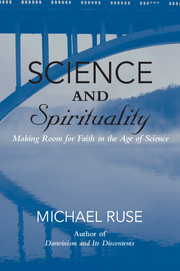Book contents
Three - Organisms as Machines
Published online by Cambridge University Press: 05 May 2010
Summary
We are survival machines, but ‘we’ does not mean just people. It embraces all animals, plants, bacteria, and viruses. The total number of survival machines on earth is very difficult to count and even the total number of species is unknown. Taking just insects alone, the number of living species has been estimated at around three million, and the number of living insects may be a million, million, million.
Different sorts of survival machines appear very varied on the outside and in their internal organs. An octopus is nothing like a mouse, and both are quite different from an oak tree. Yet in their fundamental chemistry they are rather uniform, and, in particular, the replicators which they bear, the genes, are basically the same kind of molecule in all of us – from bacteria to elephants. We are all survival machines for the same kind of replicator – molecules called DNA – but there are many different ways of making a living in the world, and the replicators have built a vast range of machines to exploit them. A monkey is a machine which preserves genes up trees, a fish is a machine which preserves genes in the water; there is even a small worm which preserves genes in German beer mats. DNA works in mysterious ways.
Dawkins 1976, 22If Richard Dawkins ever turned to philosophy for enlightenment, one suspects that he would be strongly attracted to the thinking of René Descartes.
- Type
- Chapter
- Information
- Science and SpiritualityMaking Room for Faith in the Age of Science, pp. 54 - 84Publisher: Cambridge University PressPrint publication year: 2010

